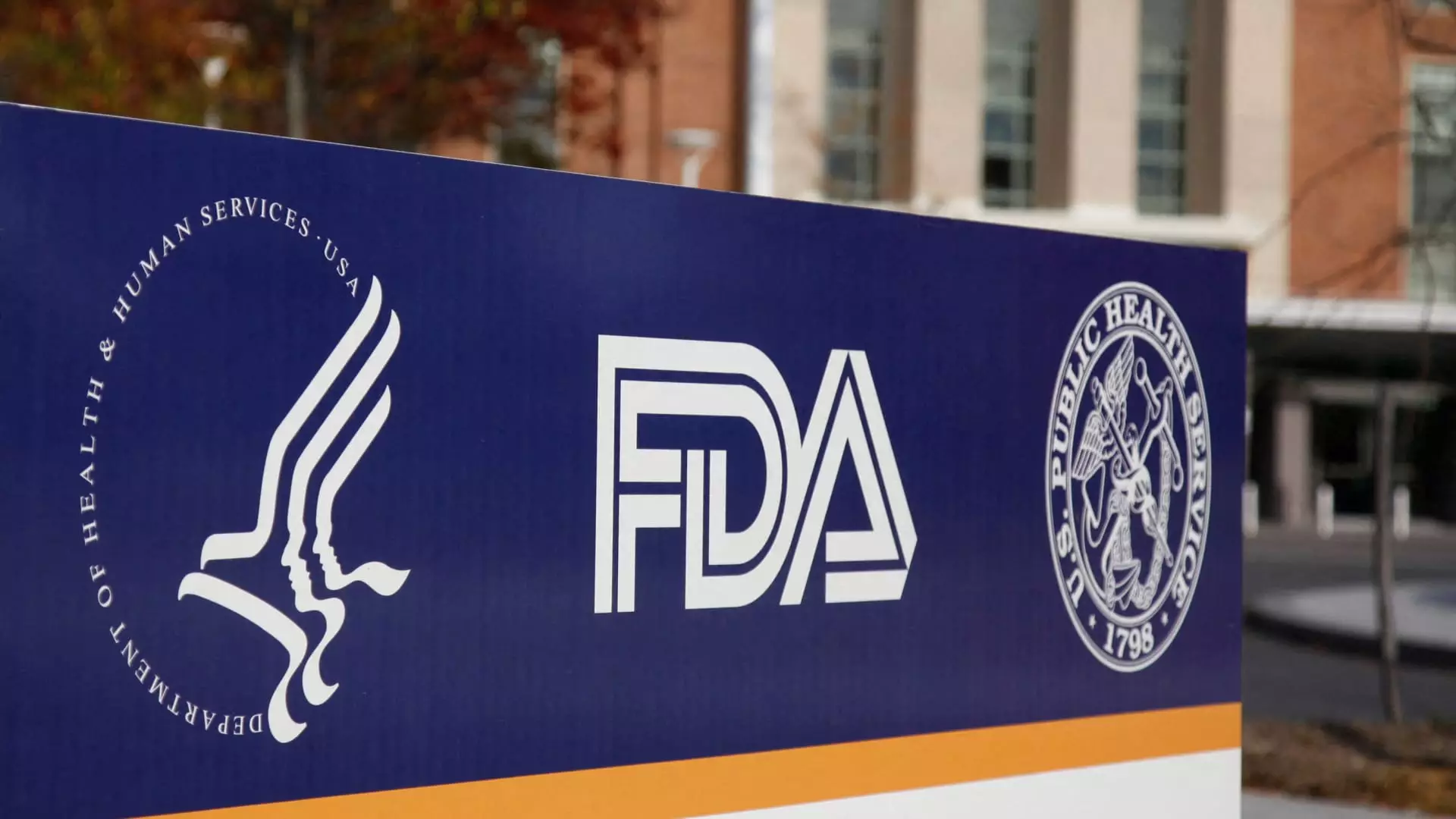The recent decision by the Food and Drug Administration (FDA) to dismantle its Division of Learning and Organizational Development (DLOD) under the leadership of Robert F. Kennedy Jr. ought to send tremors through the medical community and the public alike. This unprecedented move poses severe risks to public health as it targets the crucial infrastructure that previously facilitated the training and development of both FDA employees and external healthcare professionals. In pursuit of what is labeled as “streamlining,” the agency appears to be overlooking its fundamental responsibilities, which raises grave concerns regarding the future of healthcare education and the efficacy of medical regulation.
The Real Cost of “Streamlining”
The ramifications of cutting over 30 jobs in a division dedicated to ongoing education and training are profound. By dismantling this critical component, the FDA is extinguishing a pivotal resource that enhanced public health standards through rigorous training of healthcare providers. The DLOD provided invaluable programs aimed at opioid safety, infection prevention, and the ethical considerations of clinical trials, amongst other vital public health topics. It is disheartening that the current administration chooses to label these roles as unnecessary while they represent the frontline defense against public health crises.
The decision to axe the DLOD was also framed as a cost-saving measure, yet the irony is almost palpable: eliminating critical training programs may lead to greater long-term expenses in terms of public health emergencies. The healthcare sector thrives on well-informed practitioners. By pulling the rug out from under ongoing education, the FDA is effectively sending the message that the knowledge and expertise of healthcare professionals are expendable commodities.
A Threat to Professional Competence
The abrupt end of various educational programs will inevitably leave healthcare professionals grasping at straws, scrambling to find relevant training independently. This chaotic scenario brings forth uncertainty about the maintenance of professional standards and credentials. In an era where medical science is evolving at a breakneck pace, failing to equip healthcare workers with up-to-date knowledge is not just a disservice to them; it is a threat to patient safety.
Moreover, the dismantled Continuing Education and Consultation Accreditation Team, previously responsible for issuing credits to both agency employees and external professionals, added another layer of functionality to the FDA’s mission. With its eradication, healthcare professionals may find themselves navigating an increasingly fragmented educational landscape, ultimately compromising public health. The FDA is not merely a regulatory body; it needs to be a steward of knowledge, ensuring that medical practitioners have the tools they need to navigate complex healthcare issues.
Inequity in Healthcare Systems
One must also consider how these cuts may disproportionately impact smaller healthcare facilities and practitioners. Larger institutions are often better equipped to provide their staff with in-house training. However, smaller practices and independent healthcare professionals who rely on training offered by federal agencies may be left in an educational void. This disparity creates an inequitable landscape in which some healthcare providers will be better informed and prepared while others lag behind. In a country already grappling with healthcare inequalities, such fracturing only widens the gap.
Furthermore, the commitment to public health and education should transcend partisan divides. The FDA, as a regulatory body, must prioritize education as a foundational element of its mission—one that supports both practitioners and public health. Instead, the current administration’s focus seems alarmingly misplaced, valuing budget cuts over the very fabric that holds together a competent and safe healthcare environment.
The Dangers of Neglecting Education
As we stand on the brink of what seems to be a paradigm shift in how the FDA operates, we must acknowledge the dangerous impact of neglecting education. Public trust in the medical system hinges on the competency of healthcare professionals. Training initiatives not only foster a knowledgeable workforce but also reinforce public confidence in the safety and efficacy of various products, from drugs to medical devices.
Eliminating DLOD may have immediate cost savings, but the long-term repercussions could manifest in increased medical errors, lower patient satisfaction, and ultimately, loss of lives. Action must be taken to not only reinstate the programs and personnel that have been cut but to also reaffirm the value of education as inherent to both public health and the integrity of medical practices.
The FDA’s role is critical in safeguarding the health of all Americans; dismantling a division that promotes knowledge transfer is an affront to that mission. The moral imperative now rests on the shoulders of those in power to reconsider these cuts and ensure that the fabric of public health education remains intact.


Leave a Reply